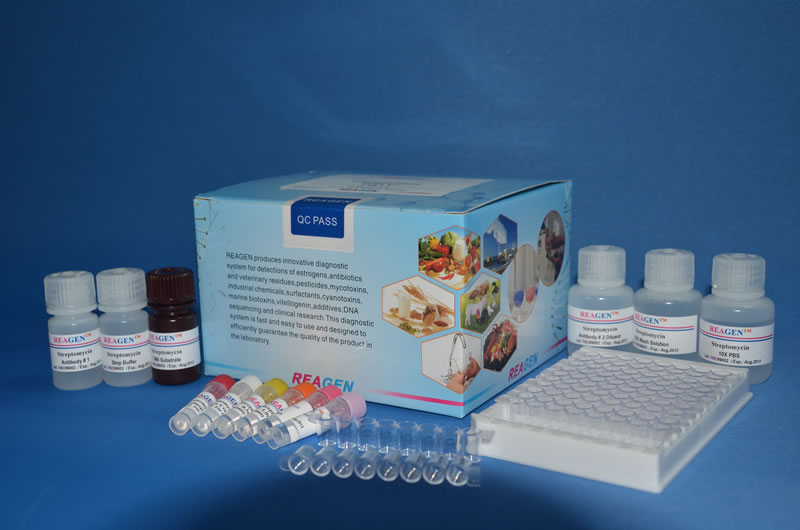Peptide tyrosine tyrosine, pAb
货号: BML-PA1254-0100 产品名称: Peptide tyrosine tyrosine, pAb 品牌: Biomol 规格: 100 ul 3周到货 生化实验
Product Specification
Alternative Name:Peptide YY, PYY
Host:Rabbit
Immunogen:Natural pig PYY (peptide with tyrosine; HYPAKPEAPGEDASPEELSRYYASLRHYLNLVTRQRY-NH2.).
Application:Immunohistochemistry
Western Blot (1:1’000, ECL)
Optimal conditions must be determined individually for each application.
Specificity: Recognizes PYY in a wide range of species.
Formulation:Liquid. Antiserum containing 10mM sodium azide.
Handling:Avoid freeze/thaw cycles.
Long Term Storage:-20°C
Miscellaneous/General:Peptide tyrosine tyrosine (PYY) is a 36 amino acid peptide, originally isolated from porcine gut, which exhibits striking sequence homology with members of the pancreatic polypeptide family, including neuropeptide tyrosine (NPY). The peptide is localised to enteroglucagon-containing (L/EG) and pancreatic (A) cells in many mammalian and nonmammalian species. PYY gene expression is upregulated by various growth factors, including growth hormone and insulin-like growth factor-1 and the physiological effects of PYY are mediated by G-protein (Gαi2) coupled Y-type receptors (‘Y2 receptors of a PYY-preferring subtype’). Various actions have been reported for PYY, including the inhibition of upper intestinal and exocrine pancreatic secretion, small intestinal water flux and as the mediator for the fat-induced ileal brake. The infusion of normal post-prandial concentrations of PYY[3-36] into human volunteers has been shown to significantly decrease appetite and reduce food intake, possibly via Y2R in the arcuate nucleus. This work stimulated a great deal of research activity showing that the truncated form of PYY reduced food intake in normal and obese humans and in rodents. Recently, the actions of PYY[3-36] and GLP-1[7-36] have been shown to inhibit food intake additively in humans and rats. Immunohistochemical studies on mice have shown that PYY is the earliest detectable peptide in both pancreatic islets and colonic endocrine cells, which suggest that PYY may be a useful marker for endocrine progenitor cells.
-20°C

